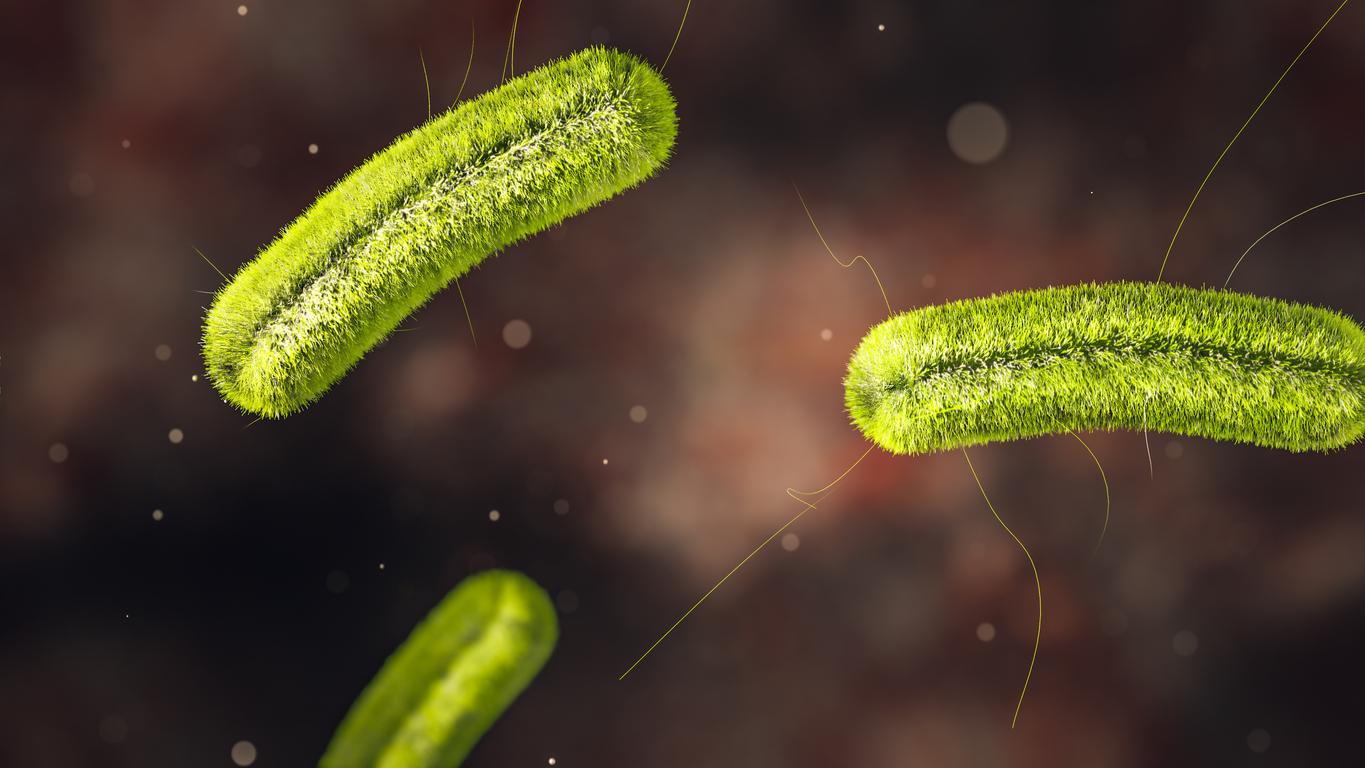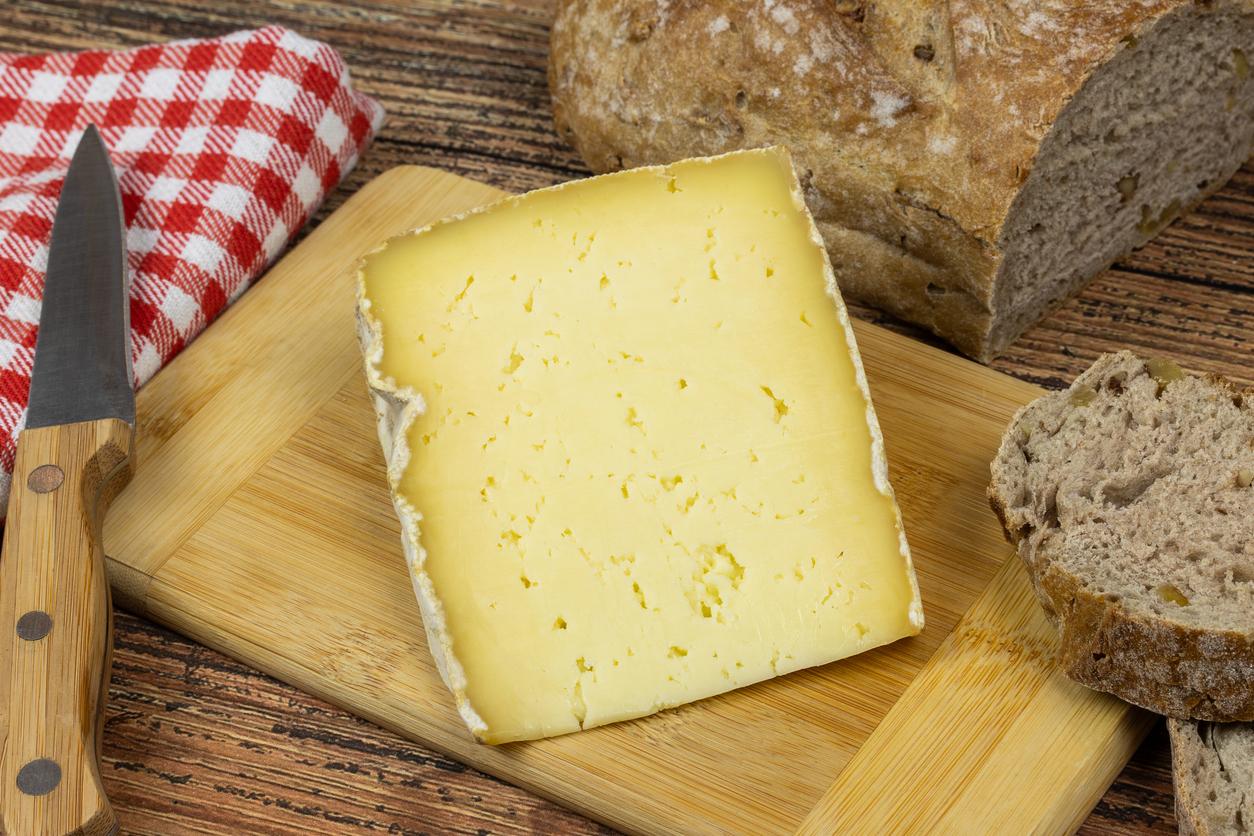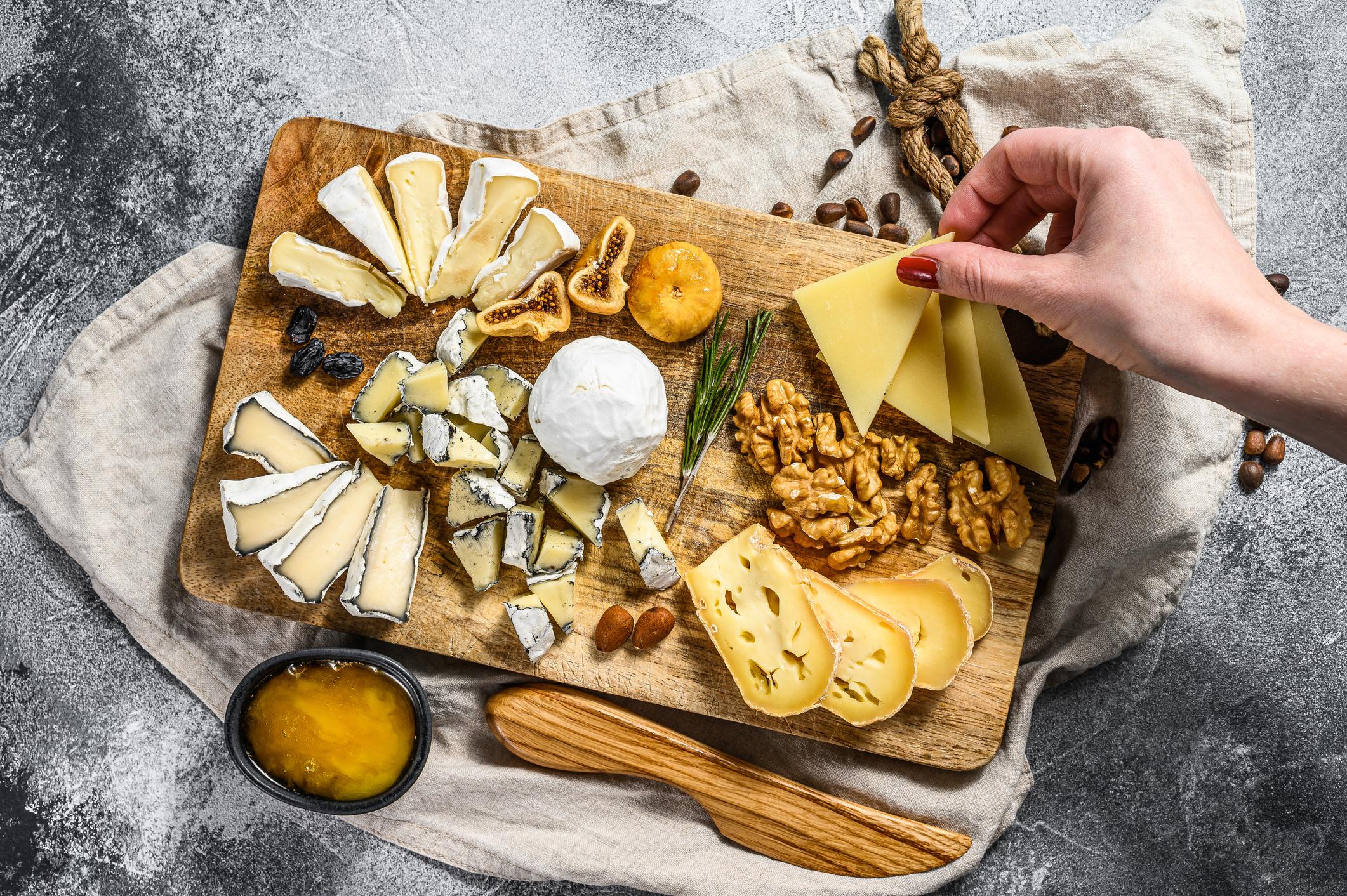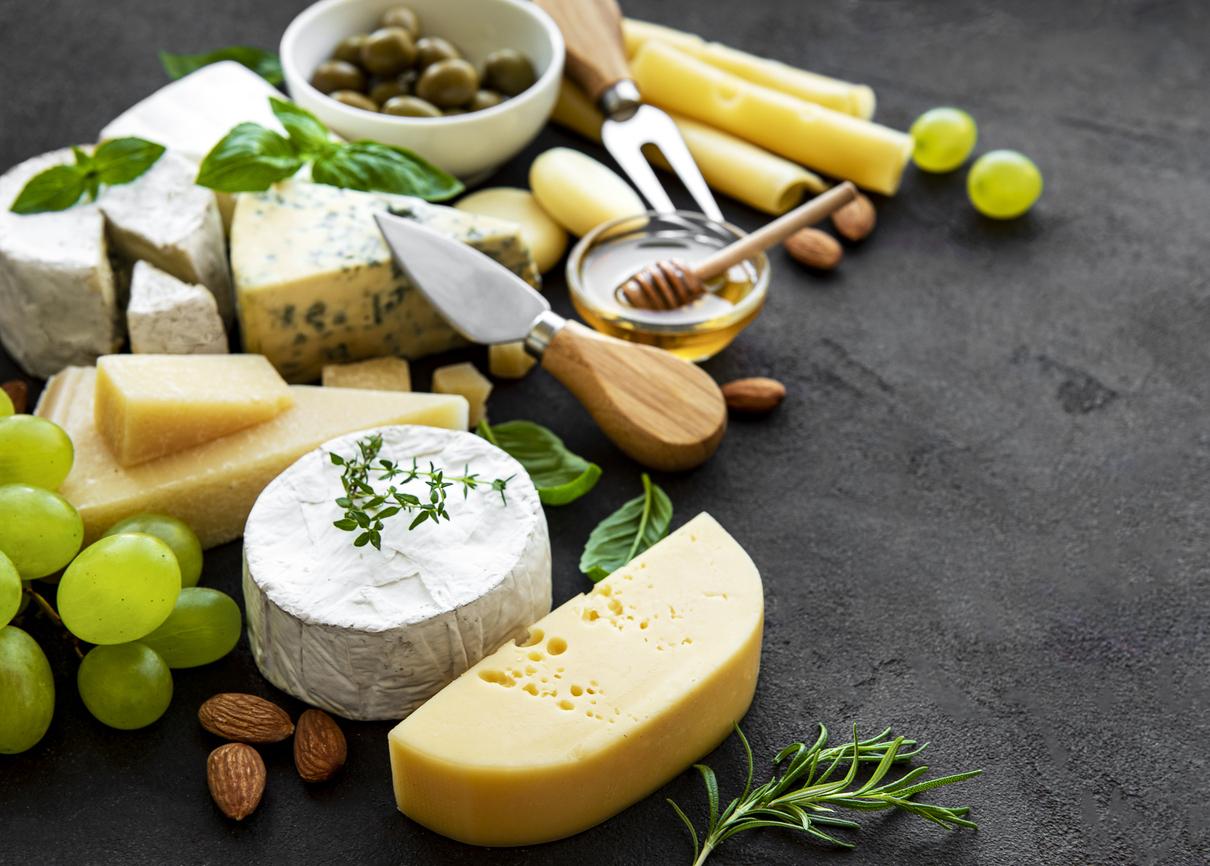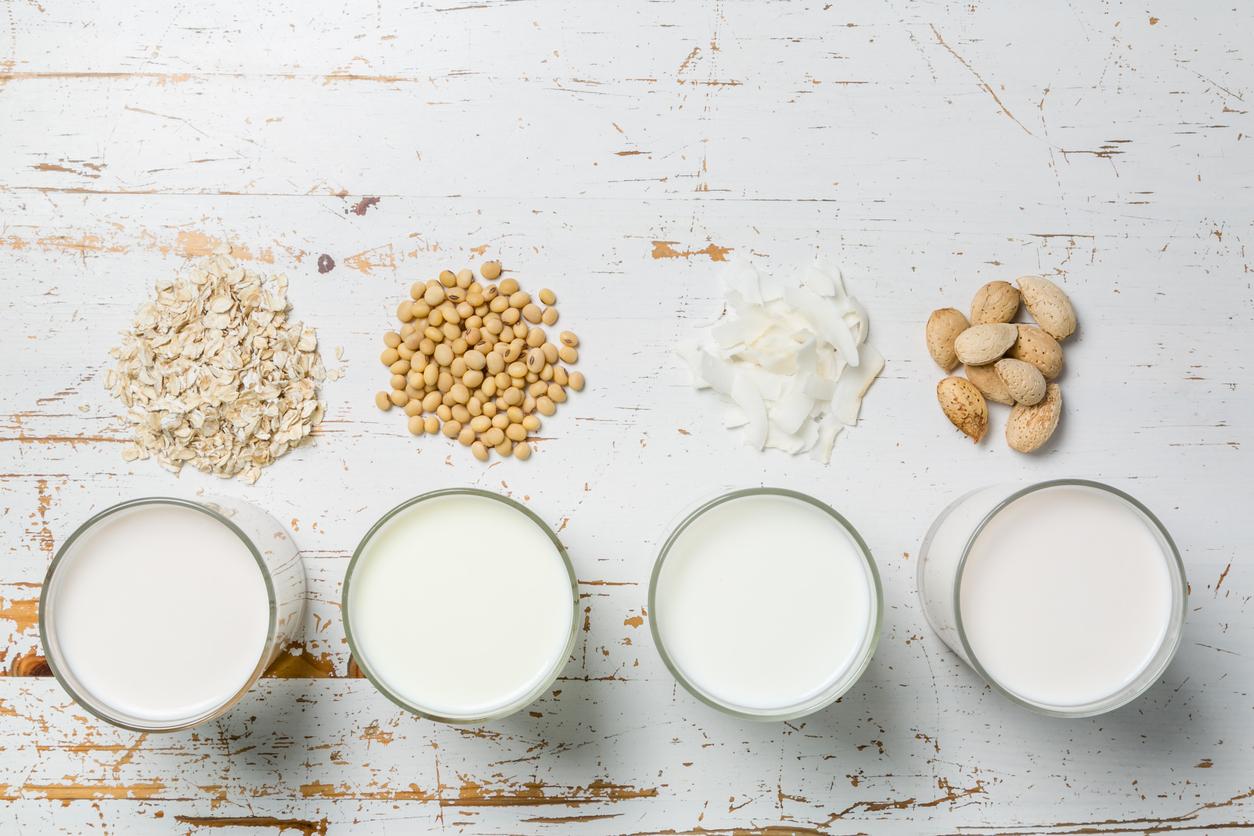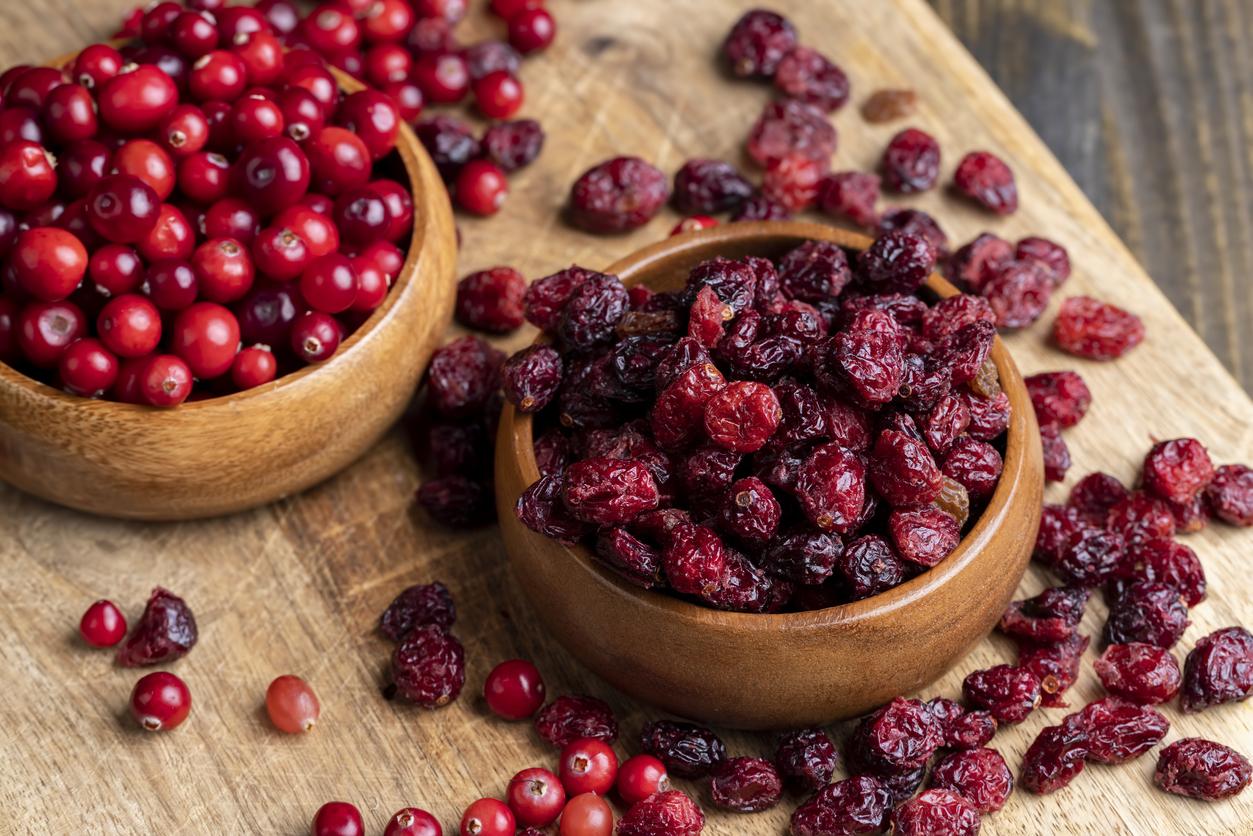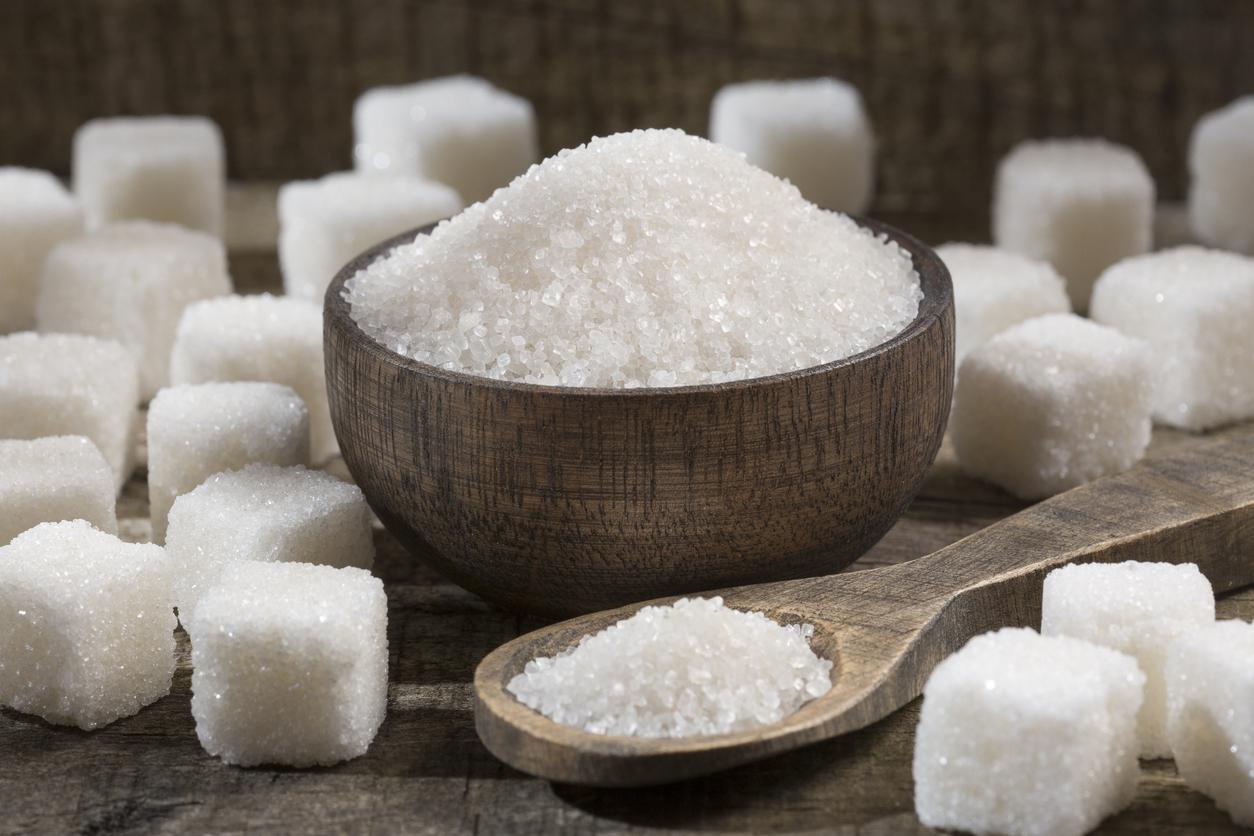There cheese rind is an integral part of cheese. “ Cheese is a complex fermentation product resulting from the development of a large number of micro-organisms which profoundly modify the biochemical composition of the dairy product with the appearance of many molecules such as volatile aromatic compounds and amino acids. These modifications concern the heart of the cheese but also the periphery » explains the Dr Jean-Michel Lecerf, specialist in endocrinology and metabolic diseaseshead of the nutrition department at the Pasteur Institute in Lille.
The rind of the cheese contains microorganisms which were added or produced in the milk or which were present in the maturing cellars. This set of microorganisms corresponds to a set that contributes to the organoleptic and nutritional properties of the cheese in addition to the manufacturing techniques. “ This set of microorganisms also plays a role in stabilizing the product to prevent bacterial contamination negative » specifies Dr. Lecerf.
Cheese rinds: no danger and even a nutritional benefit
“ There is no no known danger to eat cheese rinds » informs Dr Lecerf who specifies that there is no particular study on the benefits of consuming cheese rind but that we can think that there is rather a benefit to consuming them. They indeed contain probiotics like the heart of the cheese and therefore they also have nutritional interest. The orange flowery rinds (of a Langres or an Epoisses) can also be a source of carotenoids. Vitamin K2, a vitamin which has properties on bones and the immune system, is only found in fermented foods including cheeses and especially rind cheeses.
“ The rinds of many cheeses can be eaten. It’s a question of taste but also of the thickness of the crust » says Dr. Lecerf. The rinds of Saint-Nectaire, Reblochon, Camembert, Morbier, Munster, Maroilles for example are fine and can be easily eaten by those who love them! On the contrary, Parmesan, Comté, Beaufort and Gruyère have hard rinds that are difficult to eat.
Which cheese rinds are inedible?
THE rinds of cheeses surrounded by wax or paraffin like Gouda, some Cheddar, Mimolette, Edam, Babybel should not be eaten. If we consider raw milk cheeses, their entire consumption and not just their rinds is not recommended for pregnant women, children under 5 years old and anyone fragile due to the risk of bacterial contamination (Listeria).










